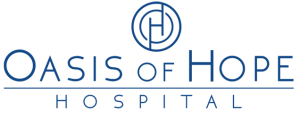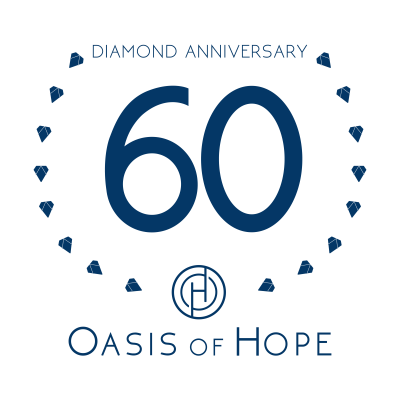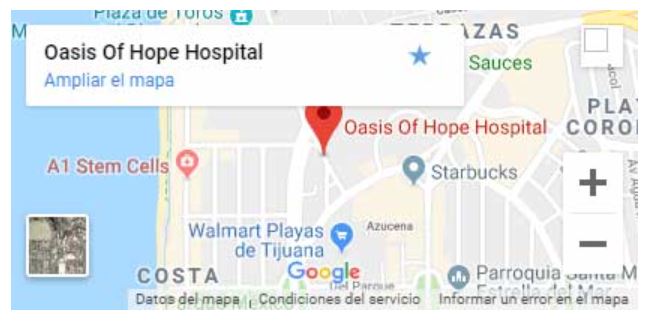Low Dose Chemotherapy
at Oasis of Hope
The Place for Alternative Cancer Treatment
The current treatment buzzword is low-dose chemo. Numerous studies in leading oncology journals report that in many cancers, low-dose results are superior to standard dosing. When low-dose chemotherapy is administered on a daily schedule (known as “metronomic” because it is regular and even like the beat of a metronome) the continual death of endothelial cells attempting to form new blood vessels can substantially disrupt the angiogenic process, slowing it down notably.
One of the merits of this metronomic approach centers around cancer drug resistance. Whereas conventional, high-dose chemotherapy tends to select tumor cells that are resistant to the drugs used, metronomic chemotherapy targets normal endothelial cells that do not grow resistant to the drugs.
In other words, metronomic chemotherapy keeps on working when conventional therapy fails. Tumors may be able to adapt to a degree by increasing their production of pro-angiogenic factors that promote endothelial cells survival. This explains why cancers, which initially regress in response to metronomic therapy sometimes grow back despite continuing therapy. The cancer confers this relative resistance; not the endothelial cells themselves.
One-way cancer cells suppress the immune system is with T-reg cells: special lymphocytes that colonize tumors and kill or disable attacking immune cells by producing immuno-suppressive factors. Metronomic chemo is extremely useful for controlling T-reg cells, which are exquisitely sensitive to being killed by small doses of cytotoxic drugs.
In fact, the doses are too small to harm other immune cells or cause notable side effects. Here’s a case where chemotherapy can help boost immune defense! Studies indicate that in some cancer types, low-dose chemo is not toxic and yet is as effective as high-dose chemo (which is aggressive, produces side effects, and damages the immune system).
At Oasis of Hope, we use a metronomic regimen that is based on cyclophosphamide, also known by its trade name “Genoxal.” We also include methotrexate for selected patients.












